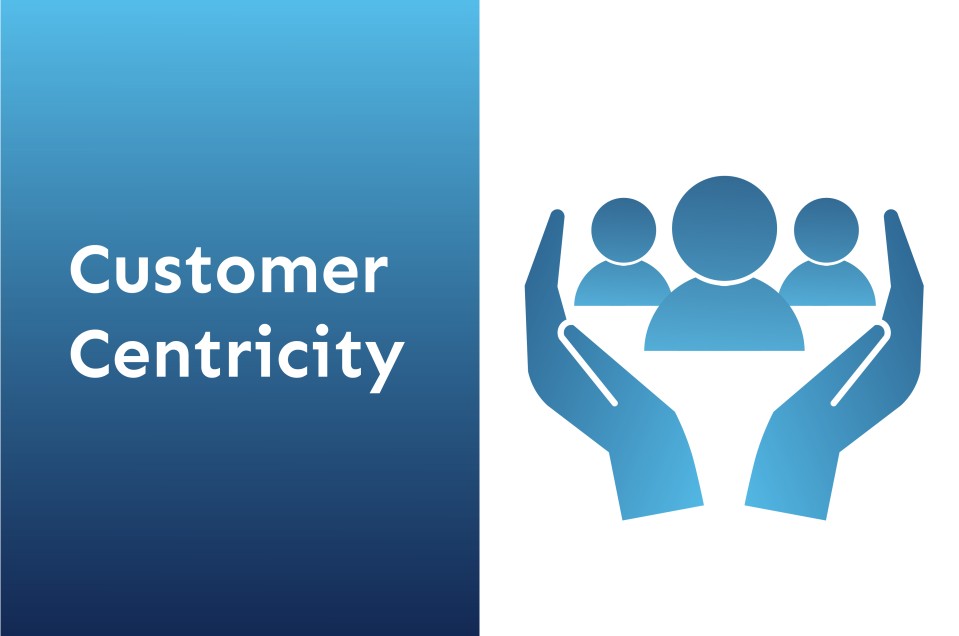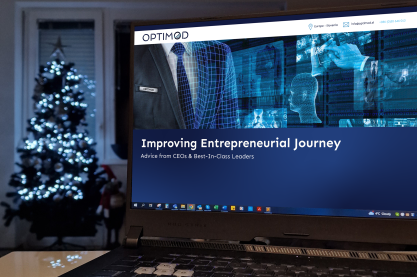Total Quality Manage...
18452 | 6 Apr 2023

Customer expectations and behaviors have changed dramatically over the past decade. Customers have changed their behavior, way of thinking, and how they approach companies. Organizations are expected to meet customer expectations, their needs and wants in every interaction in return for loyalty. Company revenue results from customers' purchasing decisions. The organization's growth stems from the scope of advocacy and representation that customers provide. Customer-centricity is defined as the ability to meet customers' expectations, needs and wants, and their anticipation and then act accordingly.
Customer-centricity is defined as an approach to sales and customer relations focused on helping customers meet their long-term needs and wants. Management and employees align their individual and group goals to satisfy and retain customers. The business environment strongly influences the strategies that companies implement in their operations. Today, most companies need to set their strategy against the global business environment. However, strategy research and the growing importance of marketing to business success also show that it is imperative for organizations to consider the customer dimension as well. Due to the usual operational constraints, few companies have an adequate organizational culture to ensure a customer-centric strategy. A customer-centric culture means that the company focuses on its customers, their wants and needs. Too many companies today focus on providing top-notch services to be competitive in the marketplace rather than actually creating customer value, i.e., what customers actually want.
A customer-centric organization puts customer satisfaction at the core of every business decision-making.
Customer-centricity is essential to achieving customer satisfaction. It provides insights into customer expectations and satisfaction for organizations to improve their customer-centric approaches. Monitoring customer satisfaction provides important information that enables process monitoring and improvement. Insight into customer wants and needs and competitor work practices can equip organizations with tools to address customer-centricity. In addition, a well-organized customer survey can provide deep insights into how the organization works and even how the organization will operate in the near future. Customer-centricity can be understood as an approach and mindset that puts the customer and their interest first. Customer-centric companies ensure that the customer is at the heart of the business philosophy, business or ideas. Customer-centric companies believe their customers are the main reason they exist in the market and use all available means to satisfy the customer. Customer-centricity simply means the customer experience is a central part of any interaction.
Many companies today are slowly going through a digital transformation, which is the first step toward becoming more customer-centric. Despite the awareness of the importance of the customer, most companies still use business models based on quantity-oriented approaches to products manufactured and services rendered. It is the application of a revenue-driven methodology where companies continue to focus on what they do rather than the value they create for their chosen customers, at least not entirely. Companies need a customer-centric business model or at least a partially customer-centric one.
What are your thoughts on the subject above? Feel free to post a comment or start a discussion.
What are some examples of companies that have successfully embedded a customer-centric culture, and what lessons can be learned from their experiences? Regard Telkom University
Hi, this post is much better than others i seen, thanks att Internet dedicado



Leave A Comment